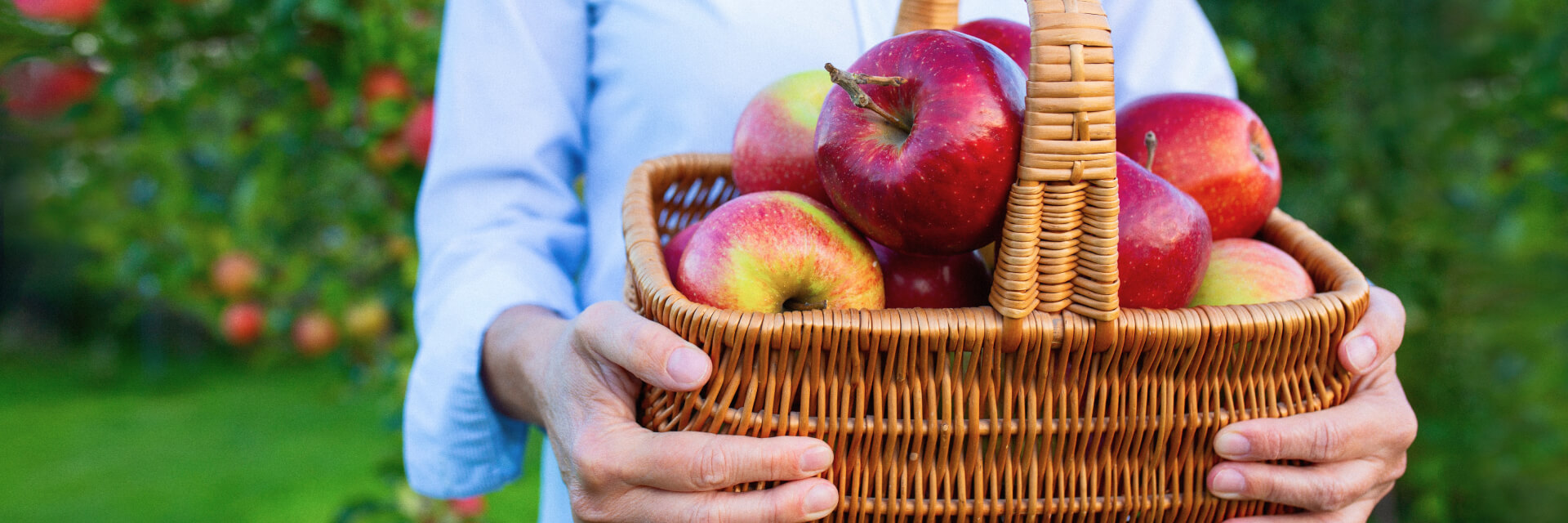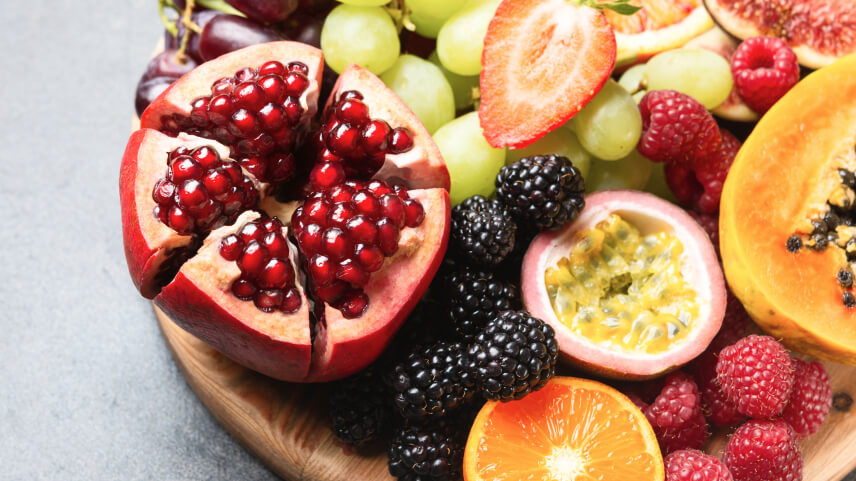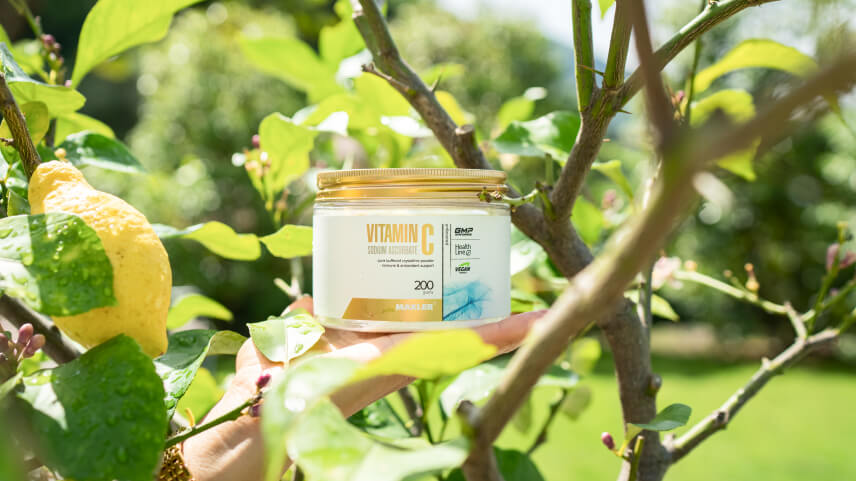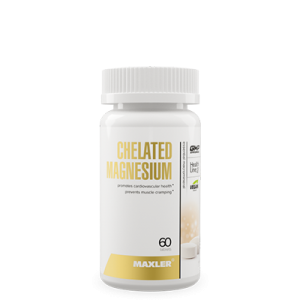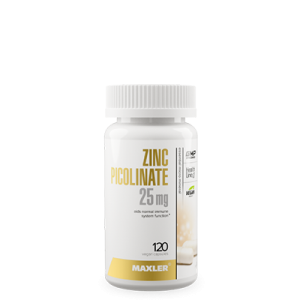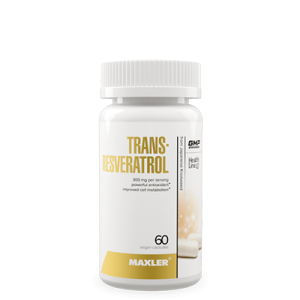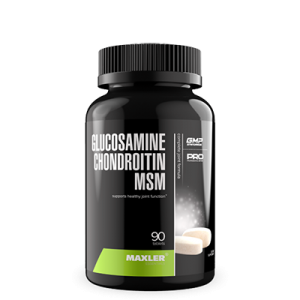Inflammation – it might sound scary or worrying, and related to wounds or illnesses. However, it is simply how our body and immune system react to cellular damage. Increasing blood flow, white blood cell activity to get rid of toxic agents that might be causing inflammation and the repair of damaged tissue are some of the inflammation processes in our body.
Inflammation is important for our immune systems as it helps us prevent disease, but a problem arises when the inflammatory response does not stop for a while, and becomes chronic. This leads to a higher chance of developing conditions like diabetes, metabolic syndrome and age-related chronic conditions.
It’s therefore important to help our bodies manage inflammation correctly, and successfully turn it off when we don’t need it. Anti-inflammatory diets can reduce the inflammatory response in those suffering from these conditions.
What can trigger inflammation?
Diets containing a large amount of refined grains and sugars, red and processed meat, high consumption of salt, artificial sweeteners and a low intake of fruits, vegetables, fish, legumes and nuts may increase inflammation. Also, frying foods, instead of boiling and steaming, adds to the effect.
Nature-provided ways to fight inflammation
Anti-inflammatory diets, on the other hand, are diets with a large percent of plant-based foods, legumes, unrefined grains, fish and seafood and healthy oils. These diets help to decrease signalling leading to inflammation and make your gut microbiota more varied.
Fruits to the rescue!
If you’re looking to decrease inflammation in your body, you might be tempted to completely overhaul your diet and start from scratch. While that might work for someone, others might find themselves confused or not knowing where to start. So we’ve made it easy for you to get started on making healthy changes, or boosting your existing diet by suggesting some fruits that you can include in your daily lives to help you fight inflammation.
You can lower inflammation by eating as little as 1.5-2 cups of these fruits a day, through increasing your antioxidant intake. And one cup of sliced apples is only about one apple! It couldn’t be simpler.
- Berries. They contain flavonoids, which are naturally occurring molecules beneficial for health. The deep colours of the berries are attributed to anthocyanin, one of these flavonoids. The high amounts of antioxidants get rid of free radicals, which are released by stressed cells. They also interact directly with the steps in signalling pathways that are involved in the initiation of a chronic disease. Blueberries increase anti-inflammatory molecules, while red berries, like strawberries stop inflammatory signalling.
- Apples. Apples contain fibre, vitamin C, pectin, and polyphenols, which are nutrients that occur in plants. Phloretin, a polyphenol, may decrease proinflammatory molecules in cells.
Stone fruits. These include fruits like cherries, peaches, plums, and apricots. They are rich in vitamin C, potassium and phytochemicals, or chemicals from plants. Phytochemicals include the beneficial polyphenols and flavonoids that we mentioned before. Human studies of cherries have shown that eating cherries can decrease oxidative stress, inflammation, muscle soreness originating from exercise and can even improve sleep. - Grapes. Grapes contain polyphenols, fibre, vitamins C and K. Studies have shown that the polyphenols in grapes have a high antioxidant activity and anti-inflammatory potential. Studies suggest that grape pomace, or the skins, pulp, and seeds, have a higher antioxidant activity when fresh and are more effective at reducing inflammation-induced oxidative stress, but a higher polyphenol content when fermented. Grapes also contain resveratrol, which has an antioxidant activity.
- Citrus. Limes, grapefruits, oranges and lemons, tend to be high in vitamins C and B, and other nutrients like copper, carotenoids, and flavonoids. Flavanones are also common in citrus fruits. These are compounds produced by plants, some of which are responsible for grapefruit’s bitter taste. These active molecules protect from inflammation and act as an antioxidant.
- Pomegranates. They contain vitamins C and Vitamin K, potassium, anthocyanin and resveratrol. Pomegranate juice can reduce oxidative stress and has anti-inflammatory properties. A few clinical trials suggest that it is beneficial for diabetes, cardiovascular health, and atherosclerosis. Some studies suggest it might even be beneficial for respiratory and neurodegenerative diseases.
The next time you’re looking for a snack, something to spice up your smoothie or are unsure of what to add to your fruit salad, remember these fruits. Increasing your intake of these fruits can help decrease inflammation and prevent chronic and age-related issues that inflammation may cause.
Maxler’s anti-inflammatory supplements
If you’re looking for a quick boost to help you curb inflammation, look no further than Maxler selection of supplements.
Speaking of vitamins and minerals, Maxler Chelated Magnesium, Magnesium B6 and Zinc Picolinate all contribute to the cause in their own way. Magnesium and Zinc can reduce the activity of components of inflammatory reactions at the molecular level and vitamin E can decrease proinflammatory molecules.
Maxler Glucosamine Chondroitin MSM helps fight joint inflammation.
Curcumin, added in Turmeric Curcumin with Bioperine is also a natural anti-inflammatory aid.
